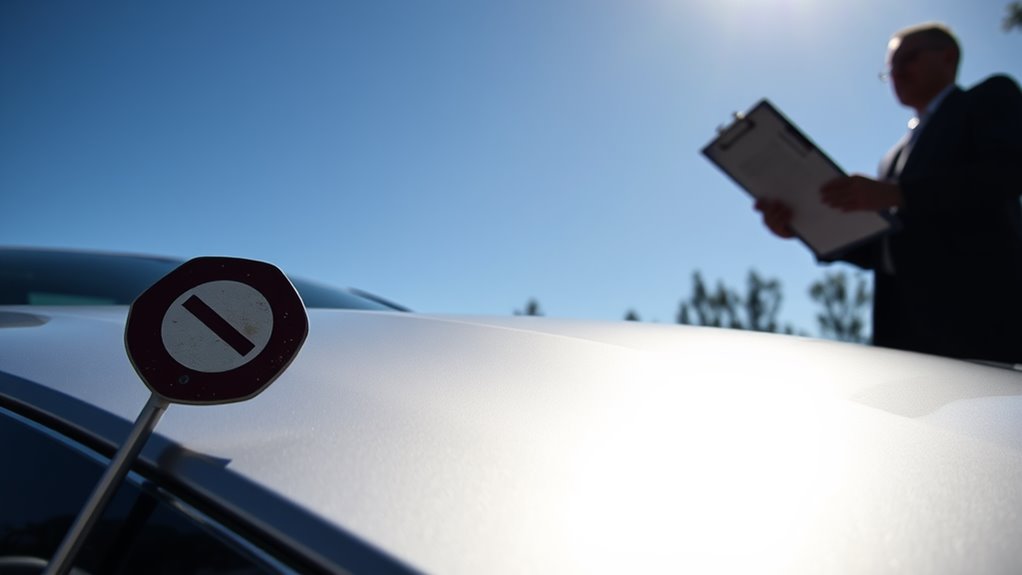If you walk or cycle regularly, obtaining personal injury protection (PIP) can be a smart decision, even without a vehicle. This coverage offers vital medical expense support, regardless of fault in an accident. In busy urban environments, where accidents are more likely, PIP can help cover medical bills and lost wages. Understanding how this protection complements your existing health insurance is essential, especially when unexpected costs arise. But what are the specifics of this coverage?
Have you ever considered how personal injury protection (PIP) can benefit you even if you don't own a vehicle? Many people think PIP is only for drivers, but that's a common misconception. In fact, PIP provides vital coverage that can protect you in various situations, including when you're a pedestrian or cyclist involved in an accident. Understanding how PIP functions can be a game-changer for your financial and physical well-being.
First off, PIP covers medical expenses regardless of who caused the accident. This means that if you're injured while walking or biking, your medical bills could be covered without you having to determine fault. Such coverage is especially important in states like New York and New Jersey, where PIP is mandatory and extends to non-drivers. Even if you don't own a vehicle, being aware of these benefits can help you navigate potential medical costs more effectively. Additionally, many insurance companies may mislead consumers by using the term "full coverage" when it may only include liability coverage, making it crucial to understand your options. Moreover, non-owner car insurance offers additional flexibility for those who frequently use rental cars or borrow vehicles.
In addition to medical expenses, PIP often includes non-medical benefits like wage loss and substitute services. If you miss work due to injuries sustained in an accident, PIP can help replace some of that lost income. This financial support can alleviate stress during your recovery period, allowing you to focus on healing rather than worrying about bills. While the specifics can vary by state, the core advantage remains: you receive assistance without needing to prove fault.
State regulations play a significant role in determining your eligibility for PIP. In some areas, like Delaware, PIP is mandatory for vehicle owners but also applies to accidents involving non-drivers. Conversely, states like Washington and Texas offer PIP as optional. Consequently, it's important to review local laws to understand what coverage is available to you.
Moreover, PIP's no-fault nature simplifies claims. Since fault isn't a factor, you can often file a claim without the lengthy processes associated with determining liability. This streamlined approach can save you time and frustration, making it easier to access the benefits you need. Additionally, if you have health insurance, PIP can complement your existing coverage, filling gaps and covering expenses that your health plan mightn't fully address.
While considering PIP, think about your lifestyle. If you frequently walk or bike in traffic or live in a busy urban area, the risk of injury increases. By obtaining PIP, you can protect yourself against the unexpected. You'll want to weigh the costs of PIP against the potential benefits, especially if your current health insurance mightn't cover all accident-related expenses.
Conclusion
In a world where accidents can happen at any moment, securing Personal Injury Protection without a vehicle is a wise choice for those who walk or cycle. It acts as a safety net, ensuring you won't be left to navigate medical bills alone after an unforeseen incident. Think of it as your financial shield—one that guards against the unpredictable nature of life. By investing in PIP, you're not just protecting your health; you're safeguarding your peace of mind.









